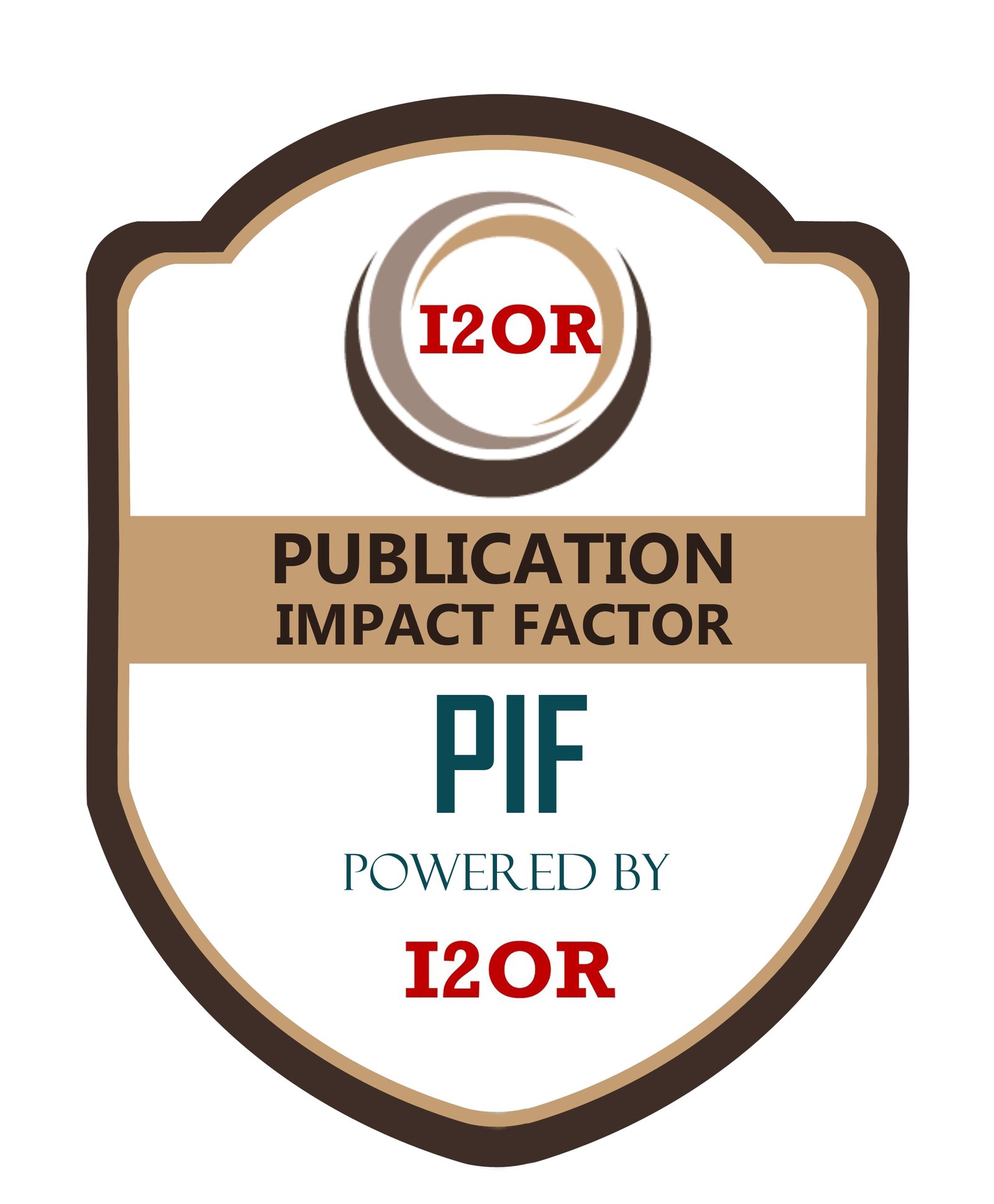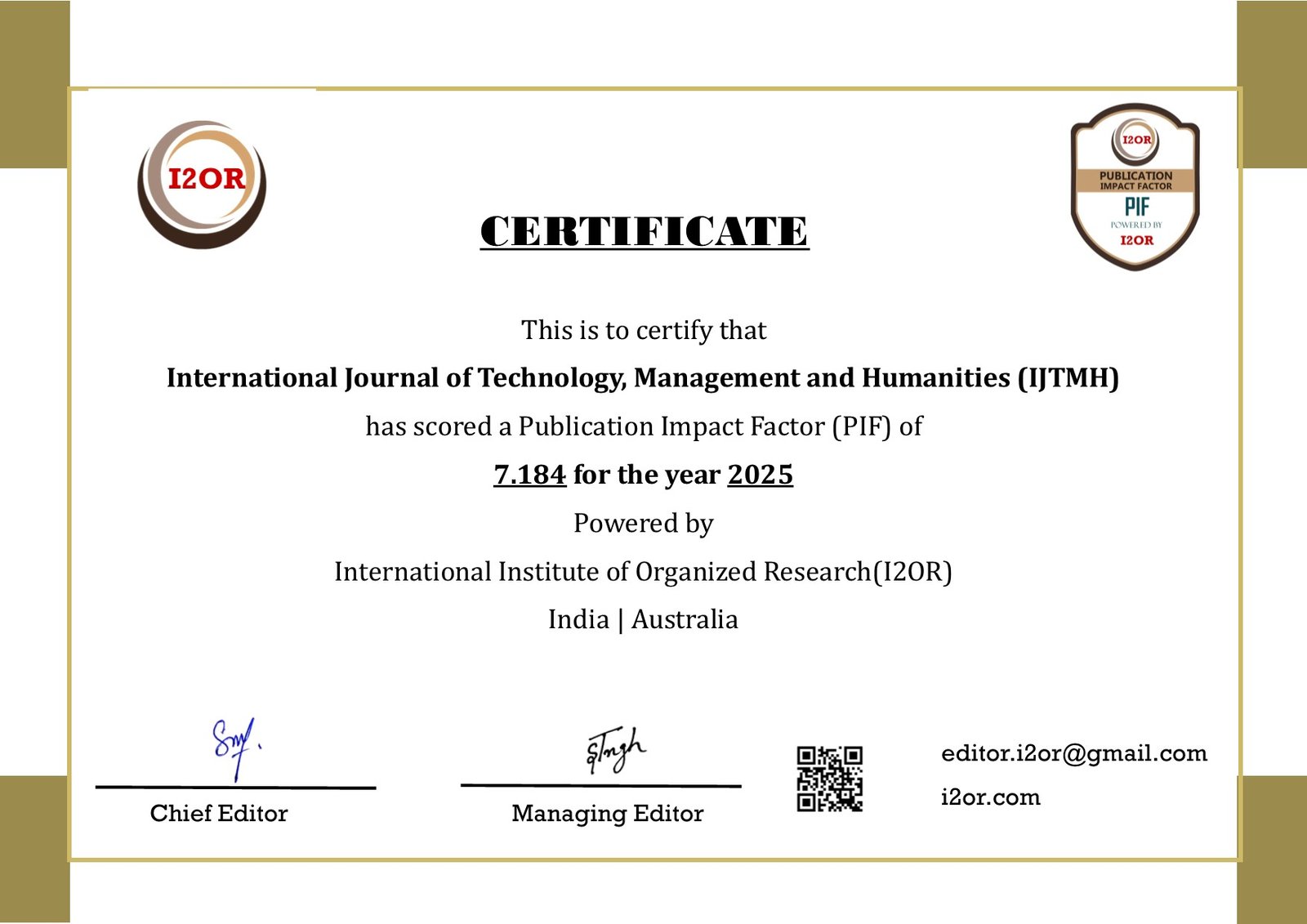Best Practices in Cloud Security for African Enterprises: An Azure Focus
DOI:
https://doi.org/10.21590/ijtmh.2021070402Keywords:
Cloud security, Data protection, Regulatory compliance, Digital transformation, Enterprise cloud adoption, Risk management, Secure cloud infrastructure, Public sector digitization, Cloud governance, Multi factor authenticationAbstract
As African enterprises increasingly adopt cloud computing to drive operational efficiency and digital innovation, securing
cloud environments has become a strategic imperative. This paper explores best practices in cloud security with a specific
focus on Microsoft Azure as a leading platform among enterprise users on the continent. Drawing on sectoral trends in
finance, health and public administration the study examines the evolving risk landscape shaped by cyber threats, regulatory
limitations and infrastructural challenges. Through a detailed analysis of Azure’s native security architecture including
identity management encryption, threat detection and compliance tools the paper identifies key strategies for safeguarding
cloud assets. Emphasis is placed on the implementation of a zero-trust model multi factor authentication secure software
practices and continuous monitoring to mitigate vulnerabilities. Case studies of African organizations demonstrate practical
applications of these approaches and underscore the role of contextual adaptation. The paper concludes by outlining policy
and institutional recommendations to support enterprise resilience and build a secure digital ecosystem across Africa. The
findings offer a timely resource for IT leaders’ policymakers and practitioners seeking to enhance cloud security outcomes
while leveraging the scalability and functionality of Azure. ses increasingly adopt cloud computing to drive operational
efficiency and digital innovation, securing cloud environments has become a strategic imperative. This paper explores
best practices in cloud security with a specific focus on Microsoft Azure as a leading platform among enterprise users on
the continent. Drawing on sectoral trends in finance, health and public administration the study examines the evolving
risk landscape shaped by cyber threats, regulatory limitations and infrastructural challenges. Through a detailed analysis
of Azure’s native security architecture including identity management encryption, threat detection and compliance tools
the paper identifies key strategies for safeguarding cloud assets. Emphasis is placed on the implementation of a zerotrust model multi factor authentication secure software practices and continuous monitoring to mitigate vulnerabilities.
Case studies of African organizations demonstrate practical applications of these approaches and underscore the role of
contextual adaptation. The paper concludes by outlining policy and institutional recommendations to support enterprise
resilience and build a secure digital ecosystem across Africa. The findings offer a timely resource for IT leaders’ policymakers
and practitioners seeking to enhance cloud security outcomes while leveraging the scalability and functionality of Azure.







